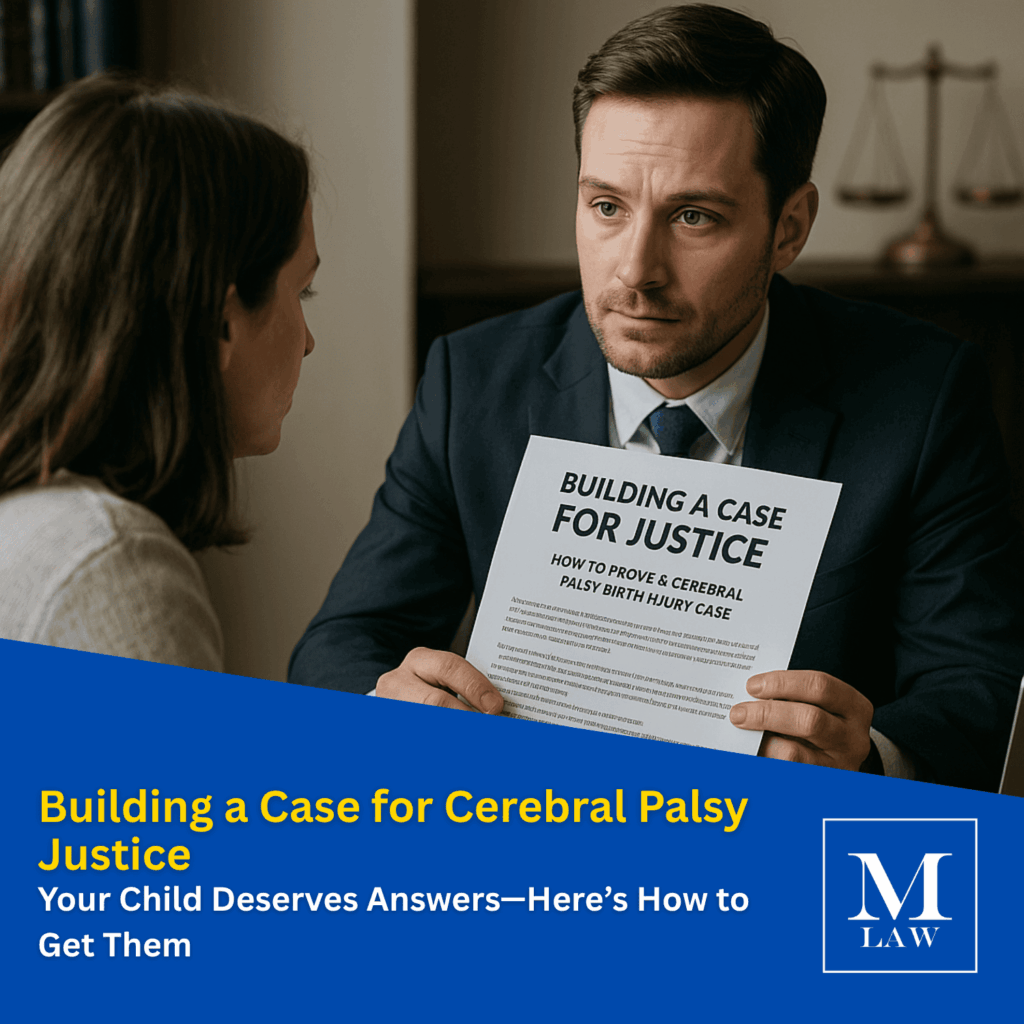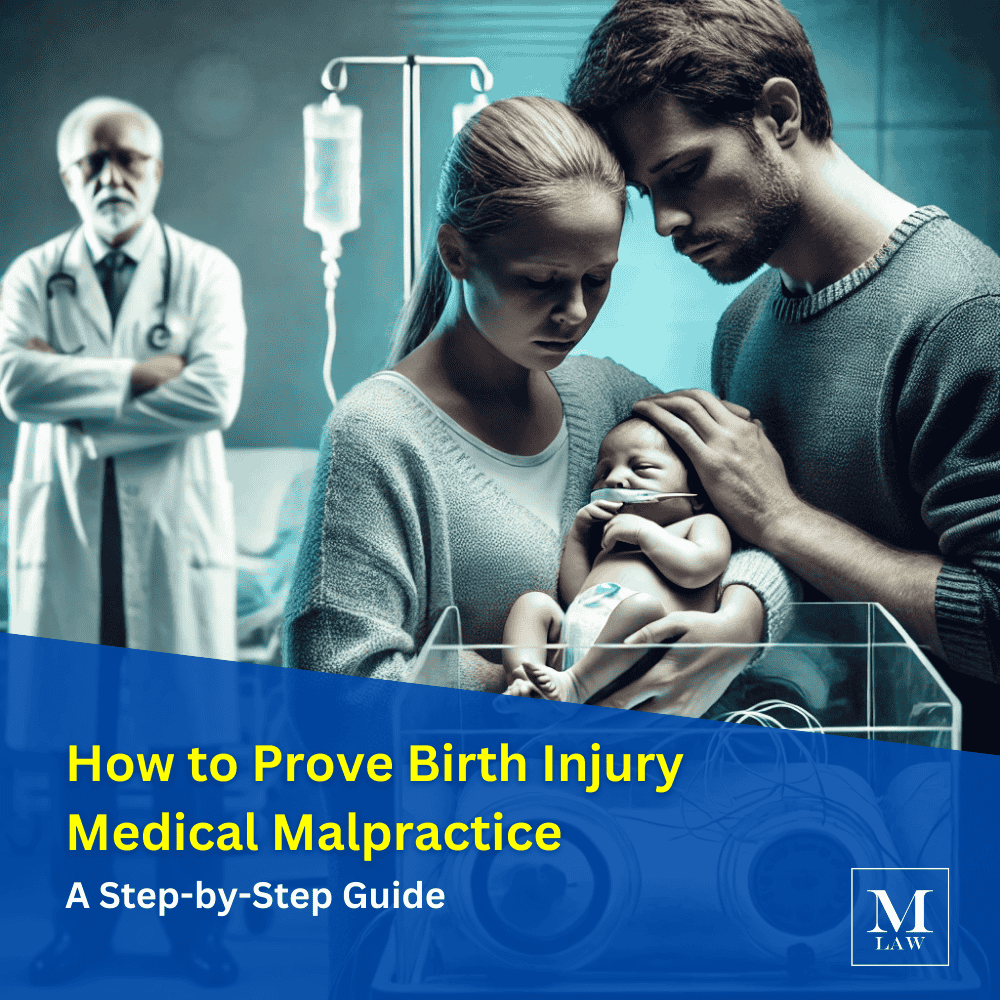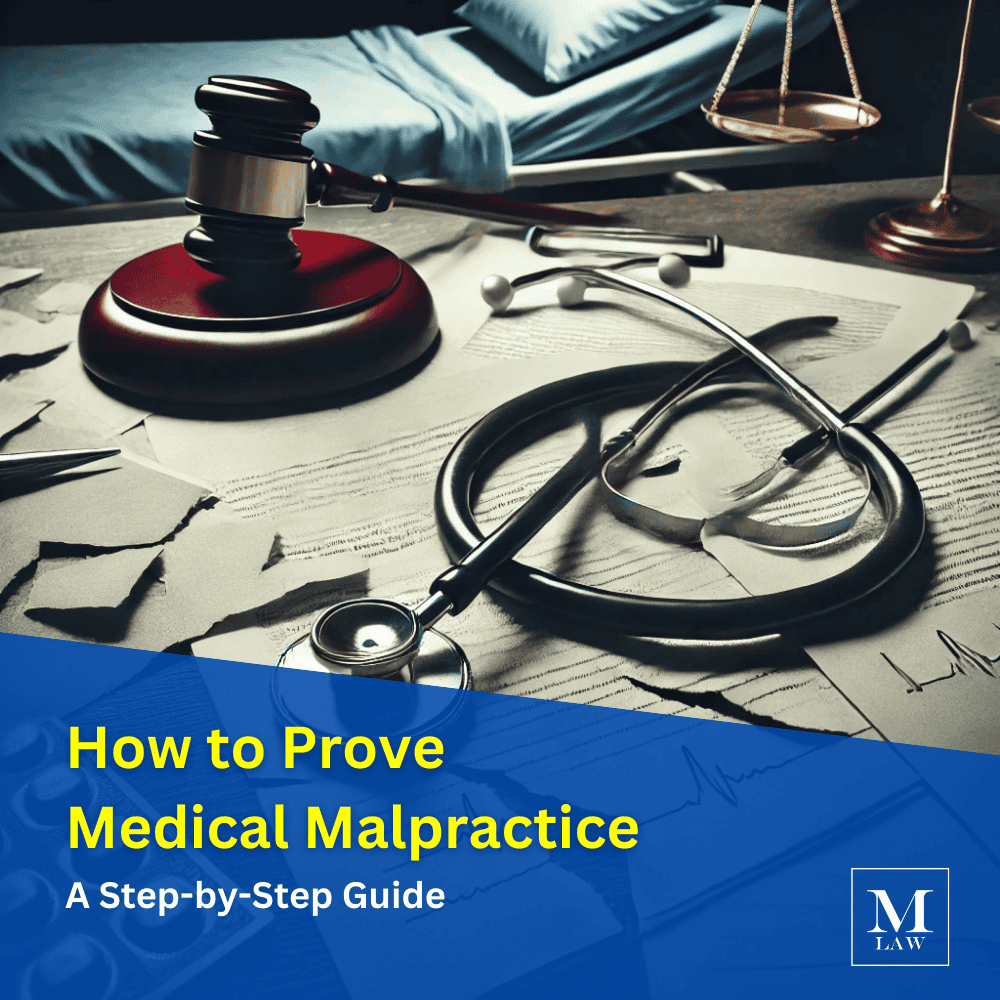Bringing a child into the world should be a time of joy and celebration. However, when complications arise during childbirth, the consequences can be devastating, both for the newborn and their family. Neonatal hypoglycemia is one such complication that can have serious implications as a birth injury. In this post, we’ll explore what neonatal hypoglycemia is, its potential consequences, and the legal options available for affected families.
Neonatal hypoglycemia is a medical condition characterized by low blood sugar levels in a newborn baby during the first few days of life. Glucose, or sugar, is the primary source of energy for the body, including the brain. When a newborn’s blood sugar drops below normal levels, it can affect the functioning of vital organs, particularly the brain.
Causes of Neonatal Hypoglycemia
Several factors can contribute to neonatal hypoglycemia, including:
- Maternal Diabetes: Babies born to mothers with diabetes may have higher insulin levels, which can cause a drop in blood sugar after birth.
- Premature Birth: Premature infants often have less glycogen stores (a form of stored sugar) in their livers, making them more susceptible to hypoglycemia.
- Inadequate Feeding: Delayed or insufficient feeding can lead to a lack of glucose intake.
- Birth Injury: Trauma during birth, such as shoulder dystocia or a difficult delivery, can increase the risk of neonatal hypoglycemia.
Implications of Neonatal Hypoglycemia as a Birth Injury
Neonatal hypoglycemia can have both immediate and long-term consequences, including:
- Seizures: Low blood sugar can trigger seizures in newborns, which may cause brain damage if not promptly treated.
- Neurological Issues: Prolonged or severe hypoglycemia can lead to developmental delays, learning disabilities, or other neurological problems.
- Cerebral Palsy: In some cases, untreated hypoglycemia has been linked to cerebral palsy.
Legal Options for Families
When neonatal hypoglycemia is the result of medical negligence or birth injury, affected families may have legal recourse. Here are some steps to consider:
- Consultation: Seek legal counsel experienced in birth injury cases to discuss the circumstances surrounding your child’s hypoglycemia.
- Medical Records Review: Your attorney will review medical records to determine if negligence or substandard care played a role.
- Expert Evaluation: Experts may be consulted to assess the quality of care provided during childbirth.
- Filing a Lawsuit: If evidence suggests medical malpractice, your attorney can help you file a lawsuit seeking compensation for medical expenses, ongoing care, and pain and suffering.
- Negotiation or Trial: Your attorney will work to negotiate a settlement with the responsible parties, or if necessary, proceed to trial.
Neonatal hypoglycemia can have serious implications as a birth injury, affecting a child’s health and development. Families facing this situation should explore their legal options to ensure their child receives the care and support they need. If you believe your child’s neonatal hypoglycemia resulted from medical negligence, consult with an experienced birth injury attorney to discuss your case and pursue justice on behalf of your child. Your child’s well-being and future may depend on it.








